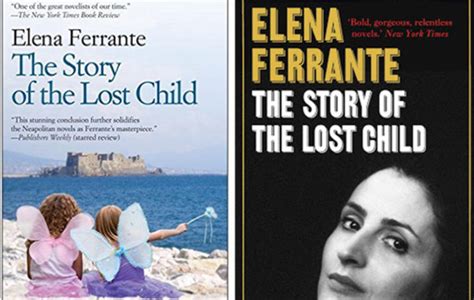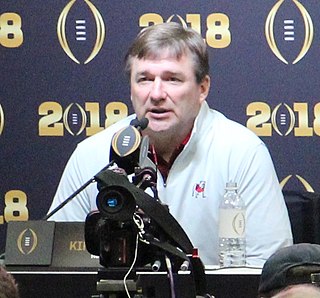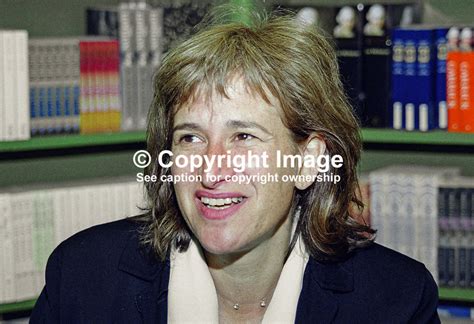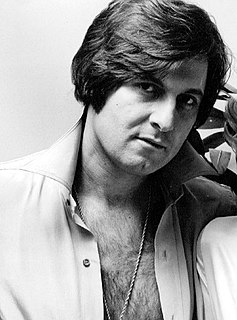A Quote by Elena Ferrante
Those who write need that "willing suspension of disbelief ", as Coleridge called it.
Quote Topics
Related Quotes
There should be a name for this, for the process whereby one knows one is being yanked and concedes it has been done successfully - that one is grateful to have been spun. In the theater, it is called the willing suspension of disbelief. That's what allows the play to make an impact on the audience: they have to be able to make believe that what's happening on the stage is really happening. Maybe to a degree it is a requirement for all political participation, all effective political communication, too.
[Science fiction is] that class of prose narrative treating of a situation that could not arise in the world we know, but which is hypothesised on the basis of some innovation in science or technology, or pseudo-science or pseudo-technology, whether human or extra-terrestrial in origin. It is distinguished from pure fantasy by its need to achieve verisimilitude and win the 'willing suspension of disbelief' through scientific plausibility.







































